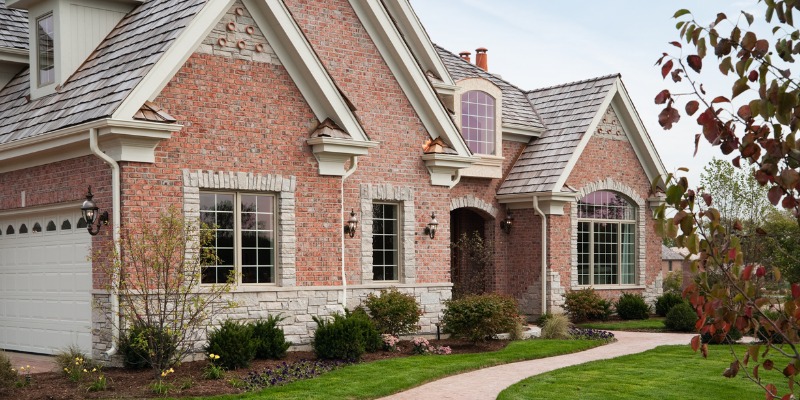Cement vs. Clay Bricks: Which Should You Use?
Masonry buildings are the oldest in existence. We can travel all around the world to see how they’ve held up against the test of time. It’s an attestation to their incredible strength and adaptability in modern times. Although much of the world looks for the cheapest alternative, there’s no denying that the resilience of masonry products far exceeds other materials used in commercial and residential builds.
Clay and concrete/cement bricks are two of the most preferred choices for builders, both past and present, but are there significant differences between the two? There certainly are, and today we’re going to tell you about them to help best determine which might be more suitable for your specific project!
Clay Bricks
Clay bricks have been used for thousands of years. They are essentially formed by mixing ground clay with water, forming them into a brick, drying and then firing them in a kiln (basically a giant oven). Firing clay bricks causes a chemical reaction to occur in the clay, which leads to a permanent hardening and curing of the brick to stand up to the weather and weight of construction.
Clay bricks are what most people think of when they hear “brick architecture” and are certainly a more aesthetic choice when it comes to their natural appearance. Both clay and concrete bricks are fire resistant, but clay bricks have an exceptionally long lifespan, reaching into the range of 1000+ years as opposed to the 60–100-year expectancy of cement bricks.
Plus, they are 2.5 to 3 times stronger than cement bricks and are also better insulators when it comes to keeping a structure warm.
Thinking about adding clay or concrete brick to your home exterior? At Grand River Natural Stone, we can help! Give our team a call today.
Concrete Bricks
Concrete bricks and cement bricks are used interchangeably to refer to the same types of products. Most are typically a combination of Portland cement, aggregates, and water to form some type of brick or concrete block. These products have the advantage of being easier to install and work with because of their highly automated manufacturing processes that helps guarantee uniformity.
Concrete block masonry is known for its acoustic insulation and industrial aesthetic— great for large commercial workshops or office buildings. While their natural appearance can be a bit plain, they make up for it with their incredible paintability; something clay bricks can’t accommodate very well.
This type of brick can often be less expensive to purchase upfront and has a high resistance to weather events and natural disasters. They are also available in a wider range of sizes and colours, and can be easily reinforced using rebar protection.
Which Should You Use?
At Grand River Natural Stone, we sell both clay and cement brick options to suit the needs of your unique project. Our team has extensive knowledge and hands-on experience in the brick, stone and landscape industry. We’ll help answer any questions or provide guidance on which of these products might work best for you.
Contact us today by visiting our website!
